How to Choose the Best VPN for Your Needs
In today's digital age, protecting your online privacy is more important than ever. A Virtual Private Network (VPN) is a powerful tool that can help you stay secure and anonymous online. But with so many options available, how do you choose the best one for your needs? This article will guide you through the process, sharing personal experiences and expert insights to help you make an informed decision.
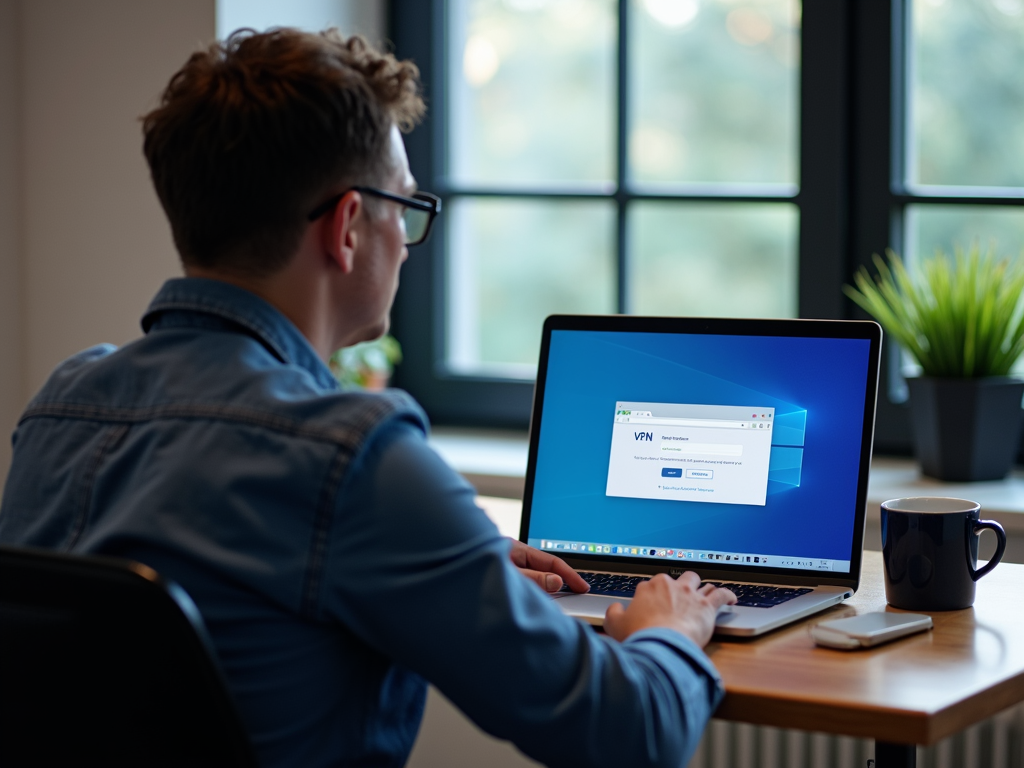
What is a VPN and Why Do You Need One?
A VPN, or Virtual Private Network, is a service that encrypts your internet connection and routes it through a remote server, hiding your IP address and protecting your data from prying eyes. Whether you're browsing the web, streaming content, or accessing sensitive information, a VPN can help keep your online activities private and secure.
Personal Insight: I first started using a VPN when I was traveling abroad and wanted to access my favorite streaming services. I quickly realized that a VPN not only allowed me to bypass geo-restrictions but also provided an extra layer of security when using public Wi-Fi networks.
Key Factors to Consider When Choosing a VPN:
- Security and Privacy Features:
- Look for a VPN that offers strong encryption (e.g., AES-256), a no-logs policy, and additional security features like a kill switch and DNS leak protection.
-
Personal Insight: I once had a VPN that claimed to have a no-logs policy, but upon further research, I found out that they were keeping some logs. It's crucial to read the fine print and choose a VPN with a transparent privacy policy.
-
Speed and Performance:
- A good VPN should offer fast connection speeds and minimal latency, especially if you plan to use it for streaming or gaming.
-
Tip: Check for VPNs that have a large number of servers in multiple locations, as this can help improve speed and reliability.
-
Ease of Use:
- The VPN should have a user-friendly interface and be easy to set up and use, even for beginners.
-
Personal Insight: I remember struggling with a VPN that had a complicated setup process. It was frustrating and time-consuming. Look for VPNs that offer intuitive apps and clear instructions.
-
Compatibility:
- Ensure the VPN is compatible with all your devices, including smartphones, tablets, laptops, and routers.
-
Tip: Some VPNs offer dedicated apps for specific devices, while others provide manual setup guides. Choose one that fits your needs.
-
Customer Support:
- Reliable customer support is essential, especially if you encounter any issues or have questions.
- Personal Insight: I once had a VPN that had excellent features but terrible customer support. When I needed help, it took days to get a response. Look for VPNs with 24/7 live chat support or a responsive email system.
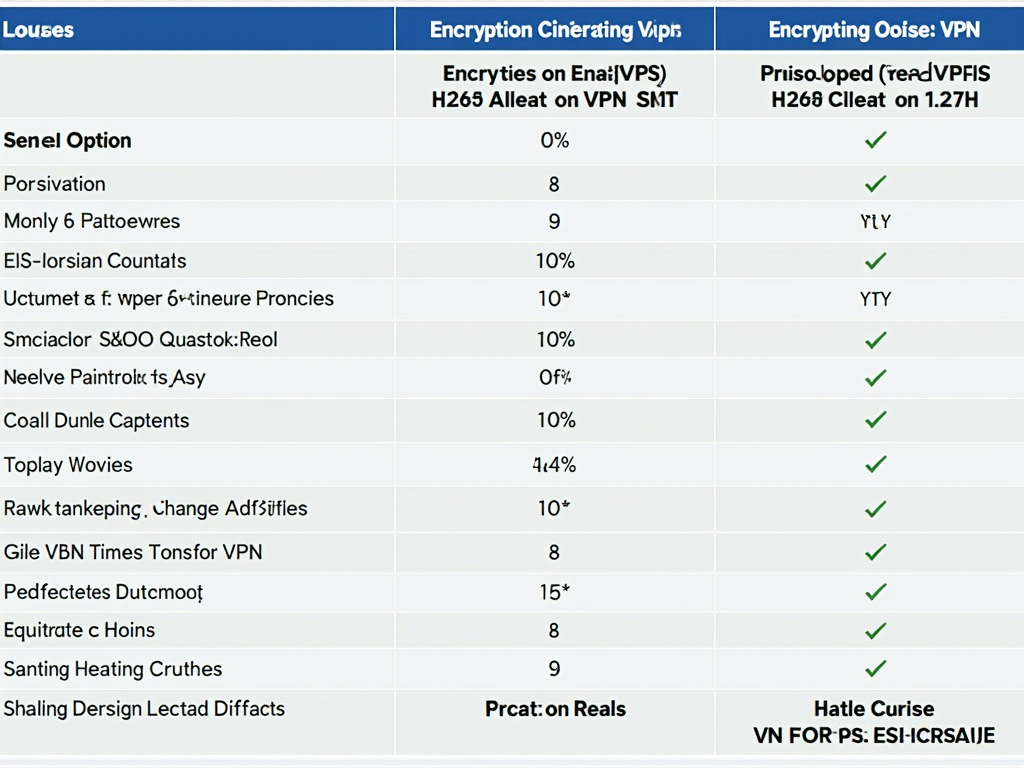
Top 5 Online Privacy Tools Every User Should Have:
In addition to a VPN, there are several other tools that can help enhance your online privacy:
- Password Manager: A password manager helps you create and store strong, unique passwords for all your accounts.
- Two-Factor Authentication (2FA): 2FA adds an extra layer of security to your accounts by requiring a second form of verification.
- Ad Blocker: An ad blocker can prevent trackers and malware from infiltrating your browsing experience.
- Encrypted Messaging App:HY Use an encrypted messaging app to keep your communications private and secure.
- Secure Browser: A secure browser, like Tor or Brave, can help protect your privacy while browsing the web.
Personal Insight: I've found that using a combination of these tools, along with a VPN, provides a comprehensive approach to online privacy. It's like building a fortress around your digital life.
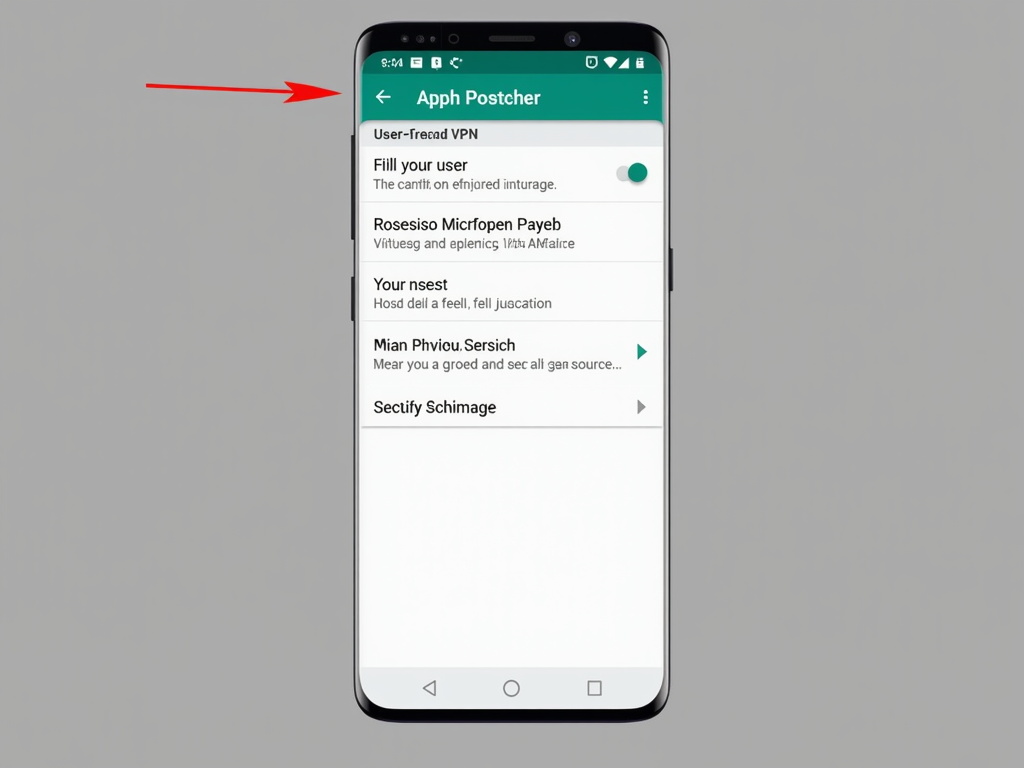
How to Evaluate VPN Providers:
When evaluating VPN providers, consider the following:
- Reputation and Reviews: Look for VPNs with a solid reputation and positive reviews from users and experts.
- Free Trials and Money-Back Guarantees: Many VPNs offer free trials or money-back guarantees, allowing you to test the service before committing.
- Pricing and Plans: Compare pricing and plans to find a VPN that fits your budget and needs.
- Personal Insight: I always take advantage of free trials to test out a VPN's features and performance. It's a great way to see if it's the right fit for you.
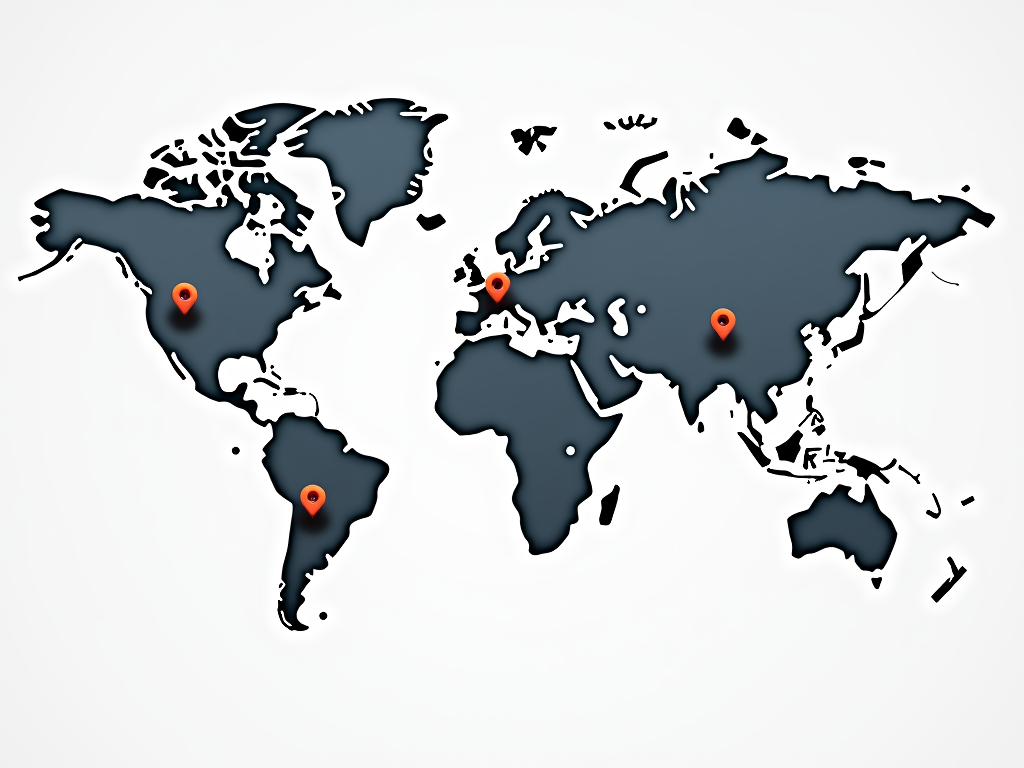
Common Mistakes to Avoid When Choosing a VPN:
- Choosing a Free VPN: Free VPNs often come with limitations, such as data caps, slow speeds, and potential privacy risks.
- Not Reading the Privacy Policy: Always read the privacy policy to ensure the VPN doesn't log your data.
- Ignoring Server Locations: Make sure the VPN hierbij has servers in the locations you need for optimal performance and access.
- Overlooking Device Compatibility: Ensure the VPN supports all your devices and operating systems.
- Not Testing the VPN: Always test the VPN's speed, performance, and features before making a long-term commitment.
Personal Insight: I once chose a VPN based solely on price, and it turned out to be a mistake. The connection was slow, and the customer support was lacking. It's important to consider all factors, not just the cost.
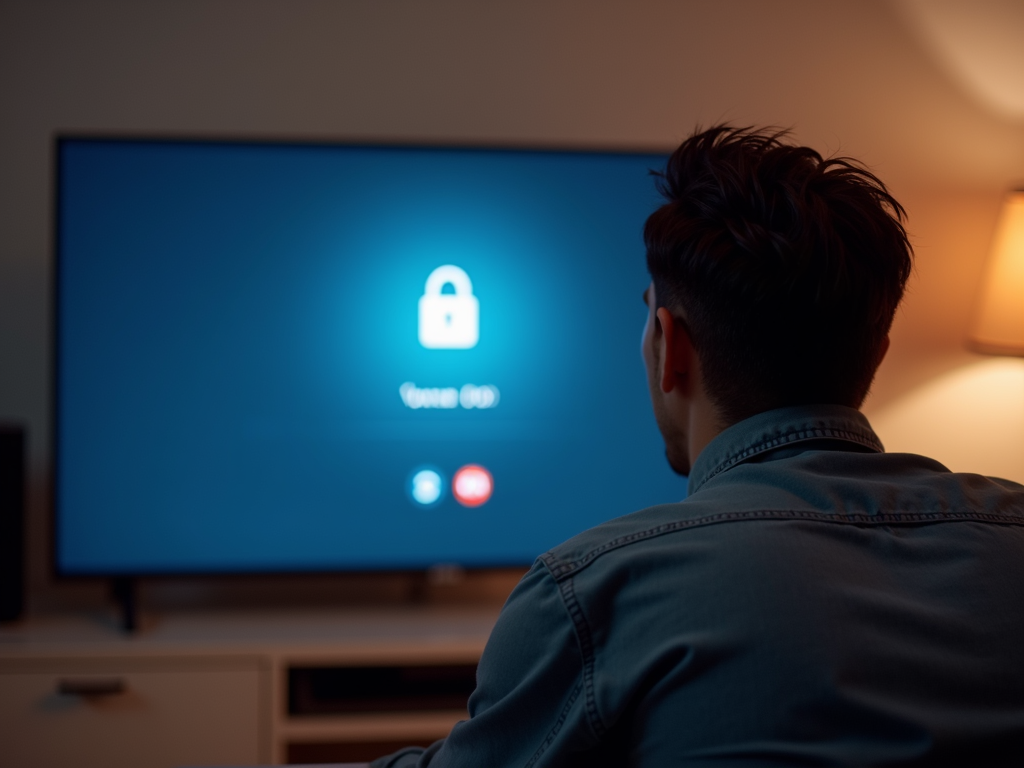
Summary
Choosing the best VPN for your needs requires careful consideration of factors like security, speed, ease of use, compatibility, and customer support. By evaluating VPN providers, avoiding common mistakes, and incorporating other online privacy tools, you can protect your digital life and enjoy a secure, private online experience.